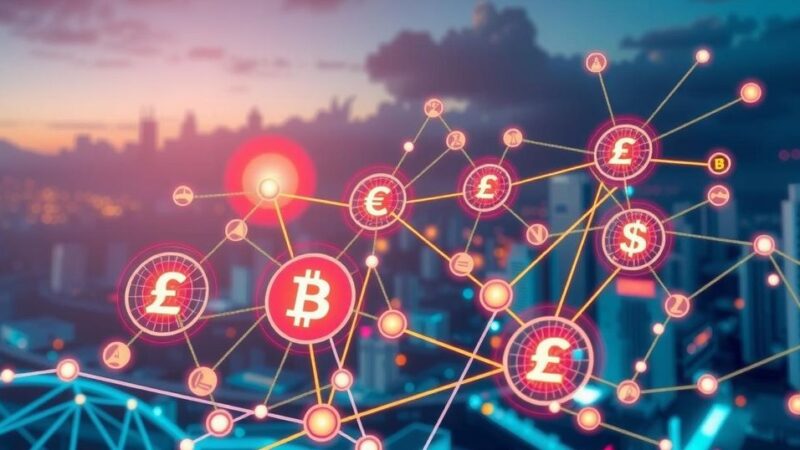Elon Musk is offering $1 million daily to registered Pennsylvania voters signing a conservative petition, prompting legal concerns about compliance with election laws prohibiting payment for voter registration. Legal experts express caution over Musk’s approaches, as the initiative evolves from referral fees to substantial direct payments, sparking scrutiny over the intersection of financial incentives and voting practices.
Elon Musk has embarked on an ambitious initiative to bolster voter registration in Pennsylvania, announcing a daily giveaway of $1 million to a registered voter who signs a conservative petition advocated by his super PAC. This unprecedented move, however, raises legal concerns regarding the potential violation of federal election laws that prohibit compensating individuals for registering to vote or for casting their ballots. Despite Musk’s claims that his offer pertains solely to petition signatures, election law experts caution that he may be approaching a precarious legal boundary. Following the initial payout to a recipient during a public appearance in Harrisburg, details surrounding the legality of such financial incentives remain a topic of scrutiny among legal professionals. Moreover, Musk’s strategy incorporates increasing financial rewards for referrals, initially offering $47, which has since escalated to $100. As discussions unfold, the intersection of financial incentives and electoral participation continues to provoke critical examination of electoral integrity and legal implications.
The core of this discussion revolves around federal regulations that prohibit providing compensation for voter registration or voting activities. The Justice Department has clarified that these regulations extend to any form of payment possessing monetary value. However, there are exemptions where assistance aimed at enhancing voter turnout is permitted, such as providing transportation to polling places or offering paid time off work for voting purposes. Elon Musk’s actions appear to straddle the line between incentivizing voter registration and potentially contravening established electoral laws. This initiative has emerged during a pivotal time in American politics, particularly within the battleground state of Pennsylvania, where voter turnout could significantly influence the upcoming elections.
In summary, Elon Musk’s proposition of a $1 million daily giveaway for registered Pennsylvania voters raises significant legal inquiries regarding its compliance with federal laws regulating voter registration incentives. While his team argues that the payments do not constitute compensation for voter registration, the increasing complexity of this initiative highlights the necessity for careful legal evaluation. The evolving situation underscores the ongoing debates about the influence of monetary incentives in the political landscape and their implications for electoral integrity.
Original Source: www.nytimes.com






